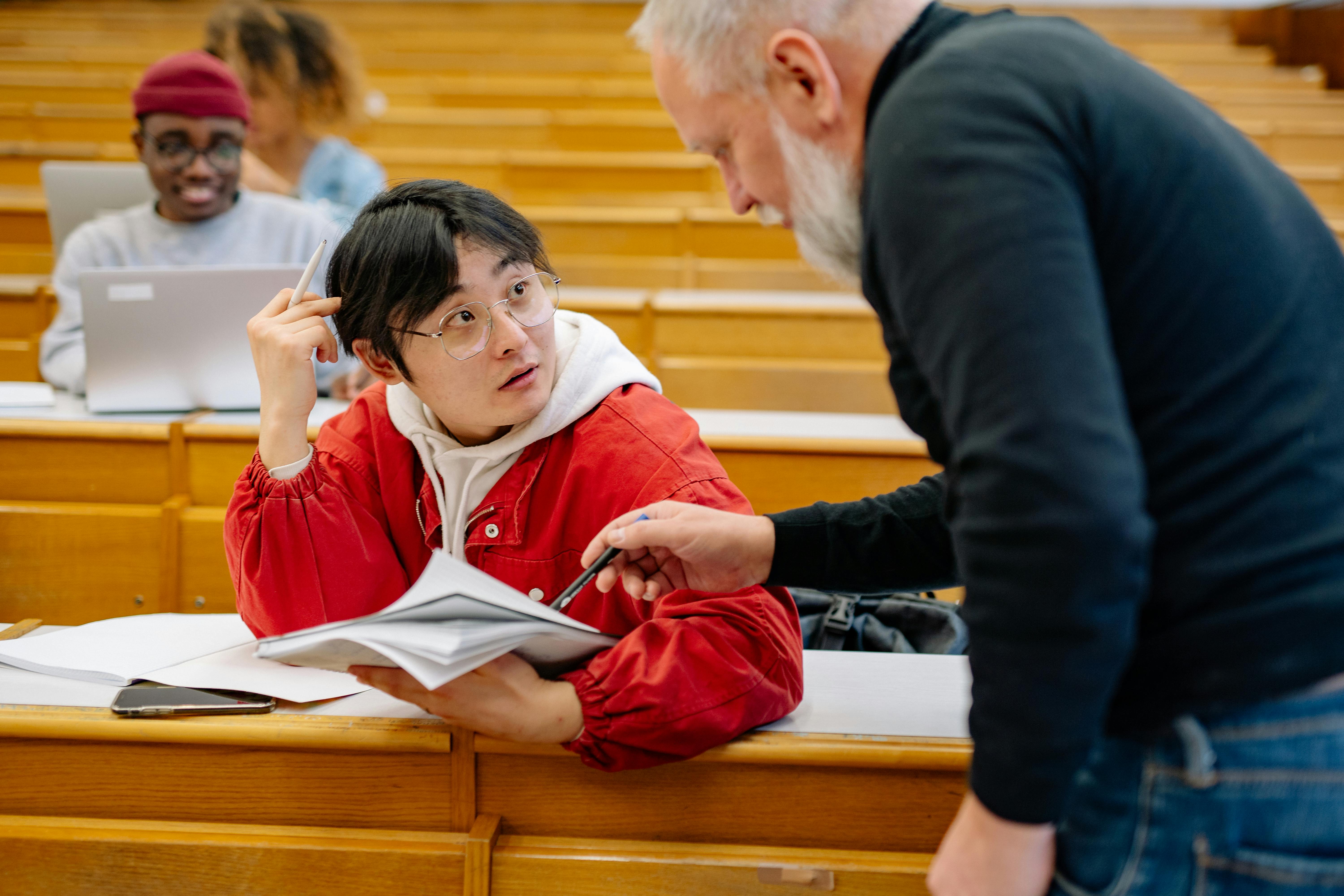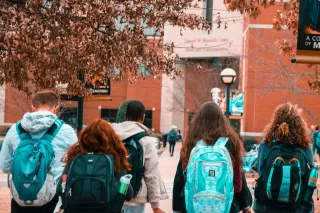July 4, 2023
How to Listen with Empathy
Being present with students’ experience may encourage them to persist in school.

Ross E O’Hara, Ph.D.
About

Listening with empathy to students who need support may motivate them to persist in school.
Empathy involves listening for students' observations, feelings, needs, and requests.
Empathy requires being present, which can be interrupted by sympathizing, relating, explaining, or advising.
I had the pleasure of attending a picnic with the late Jon Westling about a decade after his tenure as president of Boston University. Our conversation naturally turned to student persistence, and he shared how students who withdrew from BU overwhelmingly cited finances as the reason. Yet, he always suspected that money, while likely an issue, served as an unassailable excuse to cover up a deeper need that was going unmet by the university.
My agreement with Mr. Westling has only strengthened in the years since our paths crossed. The discussion of needs in higher education usually centers on resources (e.g., money, a computer, a car, childcare) and aptitudes (e.g., basic algebra, time management, computer skills). Rarely do we discuss how college can and must fulfill students’ psychological needs, if we expect them to persist and flourish.
Read on to learn how you can listen for the unmet needs hiding behind students’ behaviors and complaints.
Subscribe to our newsletter
Stay updated on our latest posts and research-backed insights.
Thank you! Your submission has been received!
Oops! Something went wrong while submitting the form.

Ross E O’Hara, Ph.D.
Chief Learning Officer
Dr. O'Hara is Chief Learning Officer at Persistence Plus, where he applies his expertise in behavioral science to develop scalable interventions that improve college student retention. He has developed motivational and empathetic messaging for college students for over 11 years, and he currently leads a Lumina Foundation-funded action research project on continuous enrollment in community colleges. Dr. O’Hara earned his Ph.D. in social psychology from Dartmouth College and completed post-doctoral fellowships at the University of Missouri and the University of Connecticut. His research has appeared in numerous peer-reviewed journals, including AERA Open and the Journal of Postsecondary Success, and he has contributed to Behavioral Scientist, the EvoLLLution, and EDUCAUSE Review, among others.
%201.svg)






























